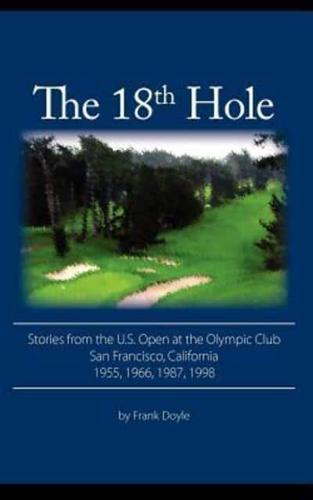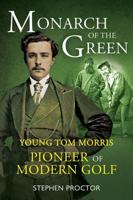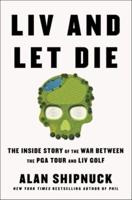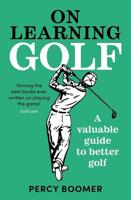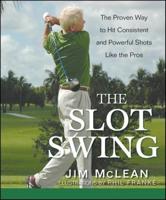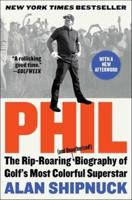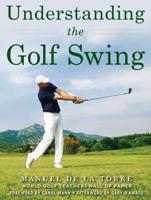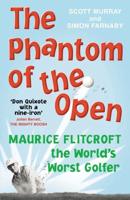Publisher's Synopsis
THE 18th HOLE: Stories from the U.S. Open at the Olympic Club San Francisco, California 1955, 1966, 1987, 1998 THE 18th HOLE: Stories from the U.S. Open at the Olympic Club, San Francisco, California, 1955, 1966, 1987, 1998 is a concise and riveting history of the U.S. Open Championship play conducted at San Francisco's Olympic Club. It is a book that will satisfy not only the avid golf enthusiast (that wants an insider's view of the challenging Lake Course) but also the history buff that wants a thorough analysis of the past four U.S. Open tournaments held at a Club which is steeped in rich history and tradition. This book offers a vivid peek at the world's ultimate golf event/s conducted at the oldest athletic club in America. Author Frank Doyle, a member of the Club for more than 50 years, provides his personal insights having attended all four U.S. Open's contested at the Olympic Club in 1955, 1966, 1987 and 1998. In this quick read, you will glean interesting details about the past four U.S. Opens at the Olympic Club. To begin, the Lake Course has challenged both professionals and amateurs alike with chilly wind bursts off the Pacific Ocean, narrow, tree-lined fairways and the small, well- bunkered greens. The Club hosted its first U.S. Open Championship in 1955 when Jack Fleck (a relative unknown from Iowa) defeated fan favorite, Ben Hogan, in a playoff. Of the seven, under-par rounds for the tournament, Fleck put up three. During the 1966 U.S. Open, Arnold Palmer dominated, leading by seven strokes with only nine holes left to play. Billy Casper tied him and then won the playoff. In 1987, nine players went into Sunday within three strokes of the lead. The favorite, Tom Watson, was defeated as Scott Simpson took the day, without the need for a playoff. In 1998, Payne Stewart went into Sunday with a four-stroke lead but the legacy of Hogan, Palmer and Watson loomed before him. He too, would falter, allowing Lee Janzen to make his way to the top. No player broke par for the tournament and only Janzen equaled it. The author's unique reflection on each of the four championships captures not only the strategic skills of each standout player but the often complex, emotional back-story of each competitor, too. With concise observations and notes, we learn the inside story of what Jack Fleck, Ben Hogan, Billy Casper, Scott Simpson, Tom Watson, Lee Jantzen and others--had to overcome in these challenging competitions. It's been said before, "The wrong guy always wins at Olympic." This story is compelling, read it.
